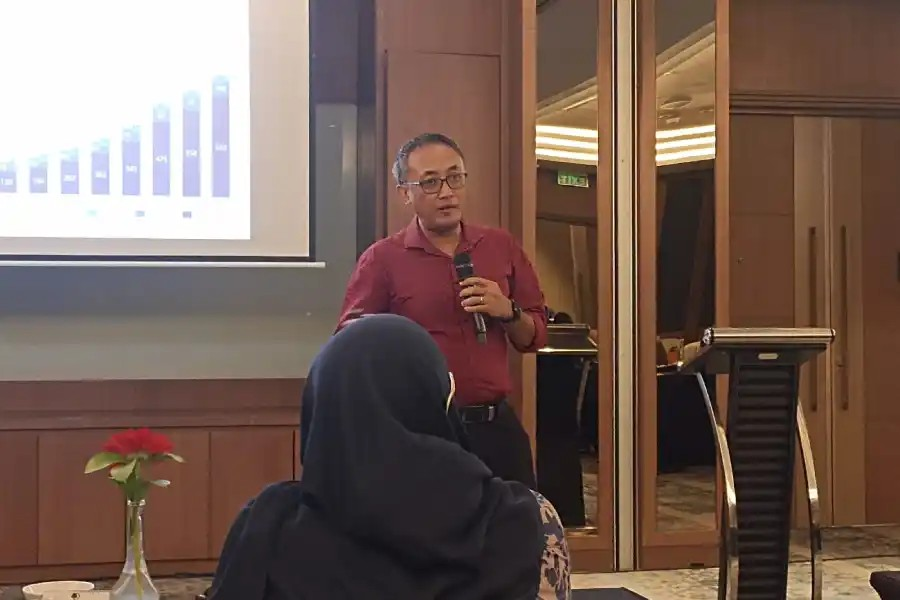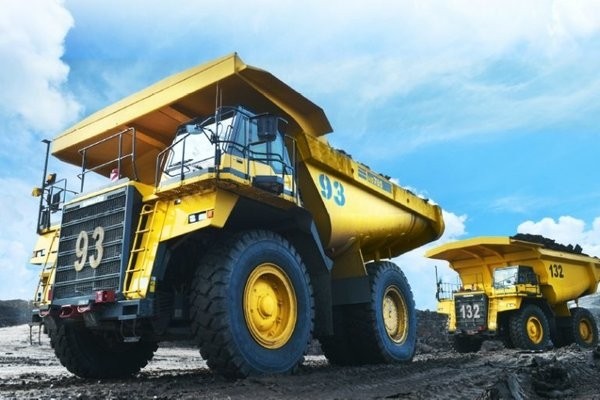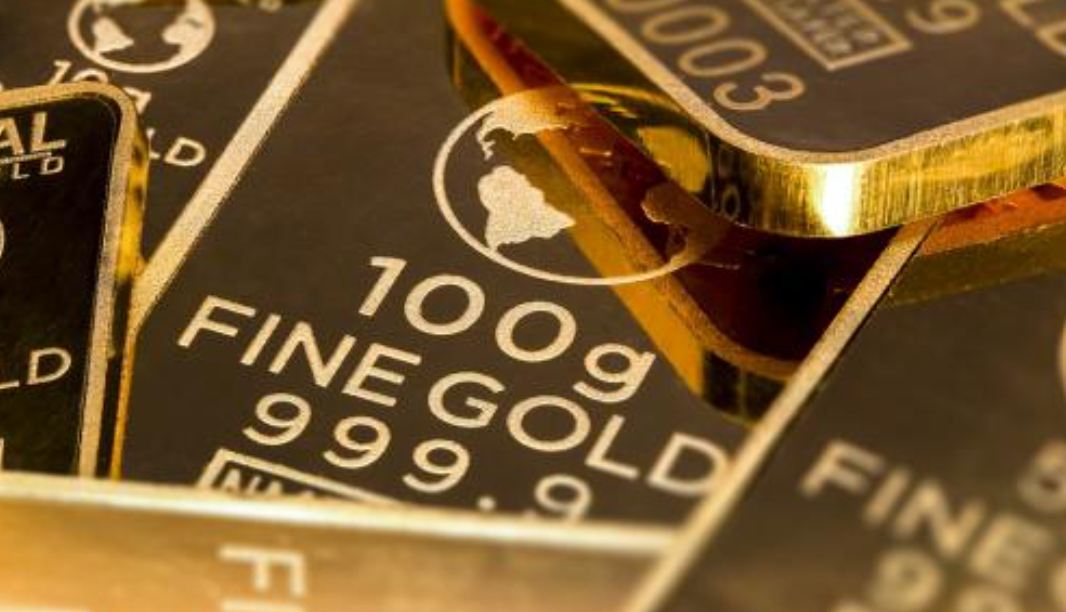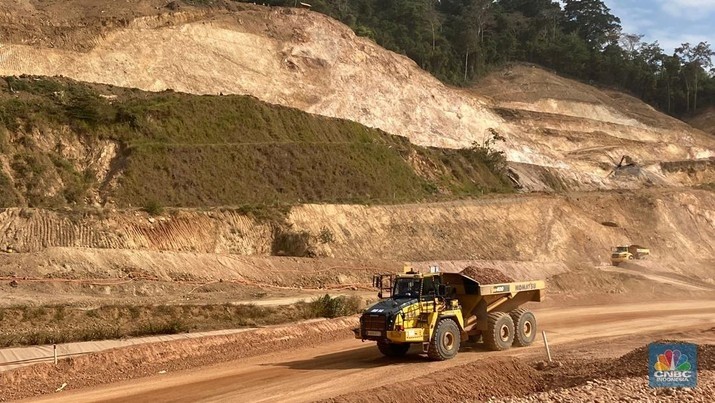Indonesia, with the world's largest nickel reserves, is now at the center of the global industrial spotlight. In addition to nickel, Indonesia also holds significant reserves of another critical mineral—cobalt. These two minerals form the cornerstone of future technological development, particularly in the rapidly growing electric vehicle battery industry.
In recent years, nickel has emerged as one of the most sought-after commodities globally. Major corporations, including Tesla, have shown significant interest in nickel, as it is a key material in electric vehicle battery production.
"Nickel falls into the category of critical minerals, which are essential in shaping the future of technology," said Muhammad Toha, General Manager of Permitting and Compliance at PT Merdeka Copper Gold, during the 2024 Media Mining Workshop in Surabaya, as reported on Saturday (14/9/2024).
Merdeka Copper Gold recently acquired a nickel mine in Sulawesi and established Merdeka Battery Materials as part of its broader strategic plan.
However, nickel is not the only important mineral in Indonesia. Each time nickel is discovered, cobalt is almost always found alongside it. "Cobalt is a far rarer mineral compared to nickel, and its distribution is very limited. Indonesia is fortunate to have significant cobalt reserves," Toha added.
Though less well-known than nickel, cobalt plays an equally important role. It is used in the production of lithium-ion batteries, a key component in many future technologies, from smartphones to electric vehicles. The combination of nickel and cobalt positions Indonesia as a strategically important player in the global technology supply chain.
Indonesia holds about 20% of the world's total nickel reserves, followed by Australia and Russia. This advantage makes Indonesia a key player in the global market.
In recent years, Indonesia's nickel production has seen a significant increase, making it one of the largest nickel processing countries after China.
“Although China is the largest nickel processing producer, they do not have their own nickel reserves. Most of the nickel raw materials they process are imported from countries like Indonesia and the Philippines,” he explained.
The demand for nickel and cobalt is expected to continue increasing until 2030. In the past, nickel was primarily used for stainless steel production. However, this trend has shifted with the rising demand for electric vehicles. Advanced electric vehicle batteries require large amounts of nickel and cobalt, making these minerals crucial for the future.
Despite this enormous potential, challenges remain. Resistance to mining activities continues to be an issue in some communities. “Opposing mining in extreme terms is akin to rejecting the technology of the future. There can be no technological advancement without critical minerals,” Toha said.
However, he also highlighted the importance of strict oversight in the mining industry. "If mining is not properly supervised, the impact can be very damaging. We are committed to being a responsible mining company for a more sustainable future," he added.
With the immense potential of nickel and cobalt, Indonesia has a significant opportunity not only to become a key player in the global technology industry but also to enhance the welfare of its people through the wise management of natural resources. These critical minerals are not just about the present—they are about the future of technology and the progress of human civilization.
Image source: beritajatim.com
Source Link: https://beritajatim.com/nikel-dan-kobalt-mineral-kritis-indonesia-penentu-masa-depan-teknologi










